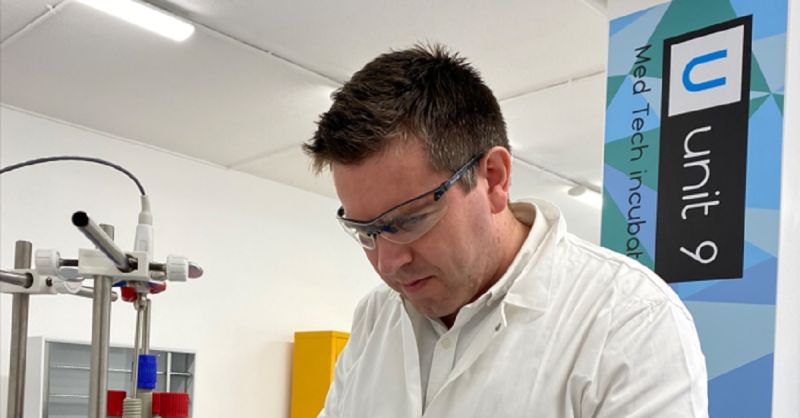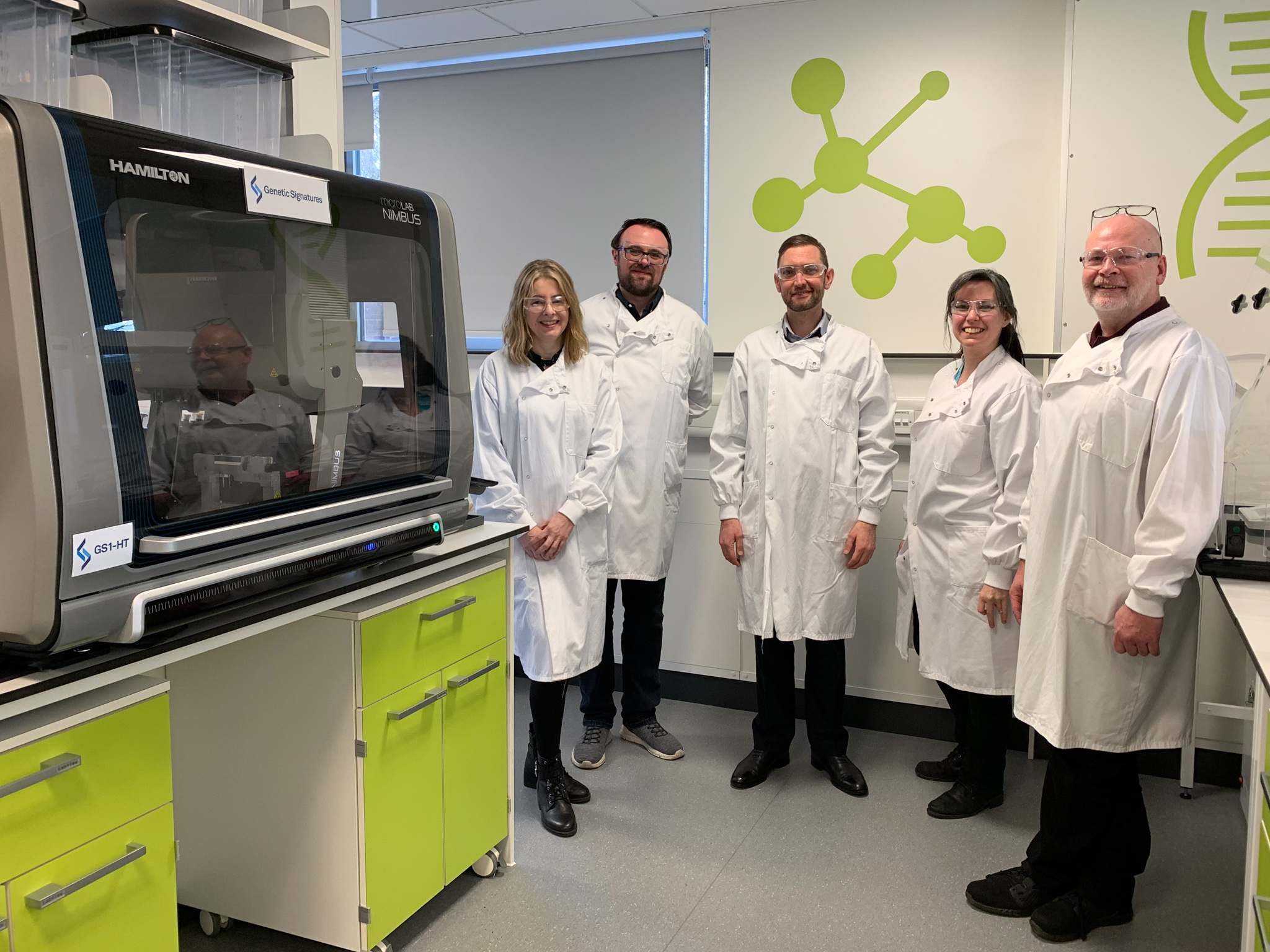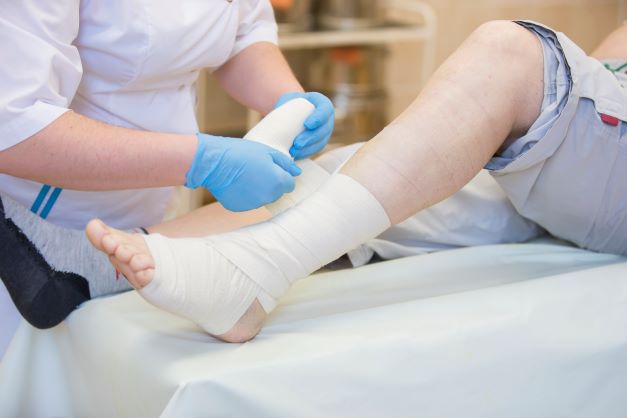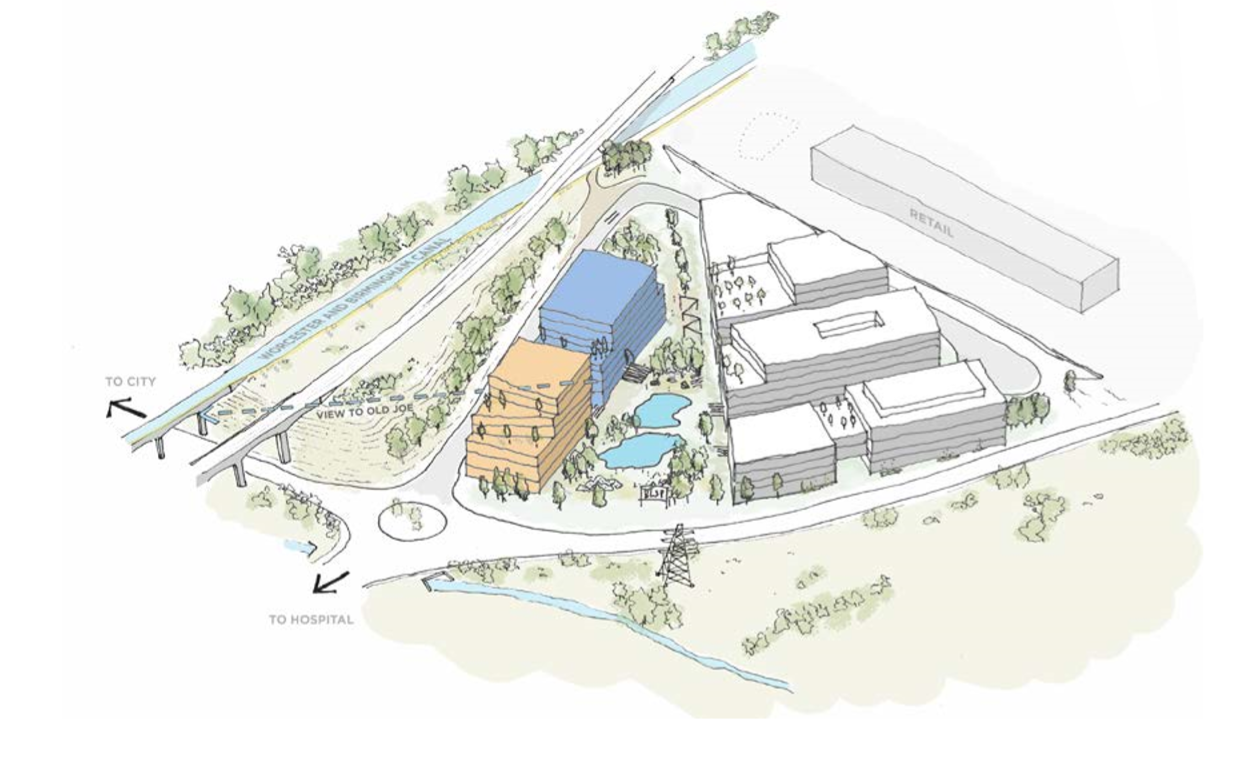
University of Birmingham Enterprise, the Greater Birmingham and Solihull Local Enterprise Partnership and the West Midlands Combined Authority have launched Unit 9, a new medical technology incubator that provides flexible, low-cost facilities for medical research, proof of concept and prototyping activity.
Unit 9 is a short-term incubator to bridge the gap for young companies needing space, equipment and facilities, who do not have the funding for initial capital equipment. It supports the West Midlands’ aspiration to lead in medical innovation, grow industries around these activities, and ultimately retain businesses and talent in the region.
David Coleman, CEO of University of Birmingham Enterprise, said: “The West Midlands has the building blocks for future health innovation – expertise in digital healthcare and health data, anchor businesses in diagnostics and testing, and a strong track record in manufacturing medical devices. However there is no short-term incubation specifically for early-stage medical technology companies, so the region risks losing these innovative young companies, and the jobs and training opportunities they could provide.”
David Hardman, Interim Deputy Chair, Greater Birmingham and Solihull Local Enterprise Partnership (GBSLEP) said: “Scaling up start-up businesses is critical to delivering GBSLEP’s mission to drive inclusive, sustainable growth. From our regular engagement with businesses, we understand how important it is for growing medical technology businesses to have access to good space and talent. That’s why Unit 9 will play an important role in strengthening this region’s reputation in supporting growth businesses in this sector.”
Dr James Elliott, Innovation Lead for West Midlands Combined Authority, said: “Analysis of the sector identified a clear need for short-term laboratory space and the pilot incubator was endorsed by the West Midlands Innovation Board. This initiative strengthens our innovation ecosystem and supports the region’s ambitions of growing the health and medical technology cluster.”
Unit 9 is based at the Birmingham Research Park, with easy access to the University campus and the Queen Elizabeth Hospital. Tenants will benefit from business support from University of Birmingham Enterprise, an equipment-sharing agreement with the University of Birmingham, and facilities for cell culture or microbiology work at the BioHub Birmingham®.
The licence fee is based on an escalator rent model that matches commercial rents by year three, providing a realistic timeframe for companies to meet development milestones. The GBSLEP Growth Hub will help companies transition to a new base with the West Midlands region at the end of the licence period.
Companies do not need a formal business plan to apply for a tenancy but will be expected to articulate their future plans during the application process.
Enquiries should be directed to Angie Reynolds, Head of Birmingham Research Park.



